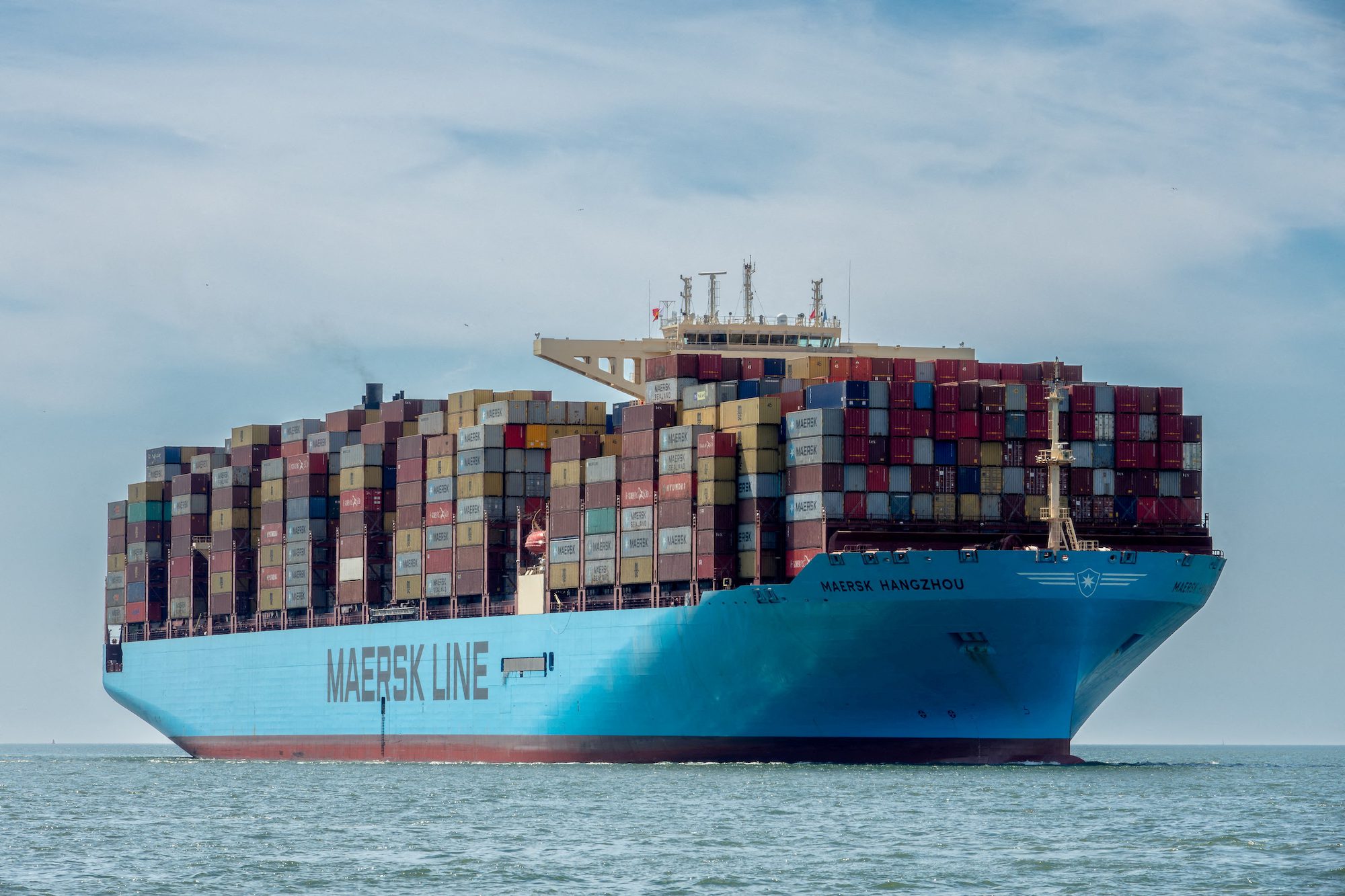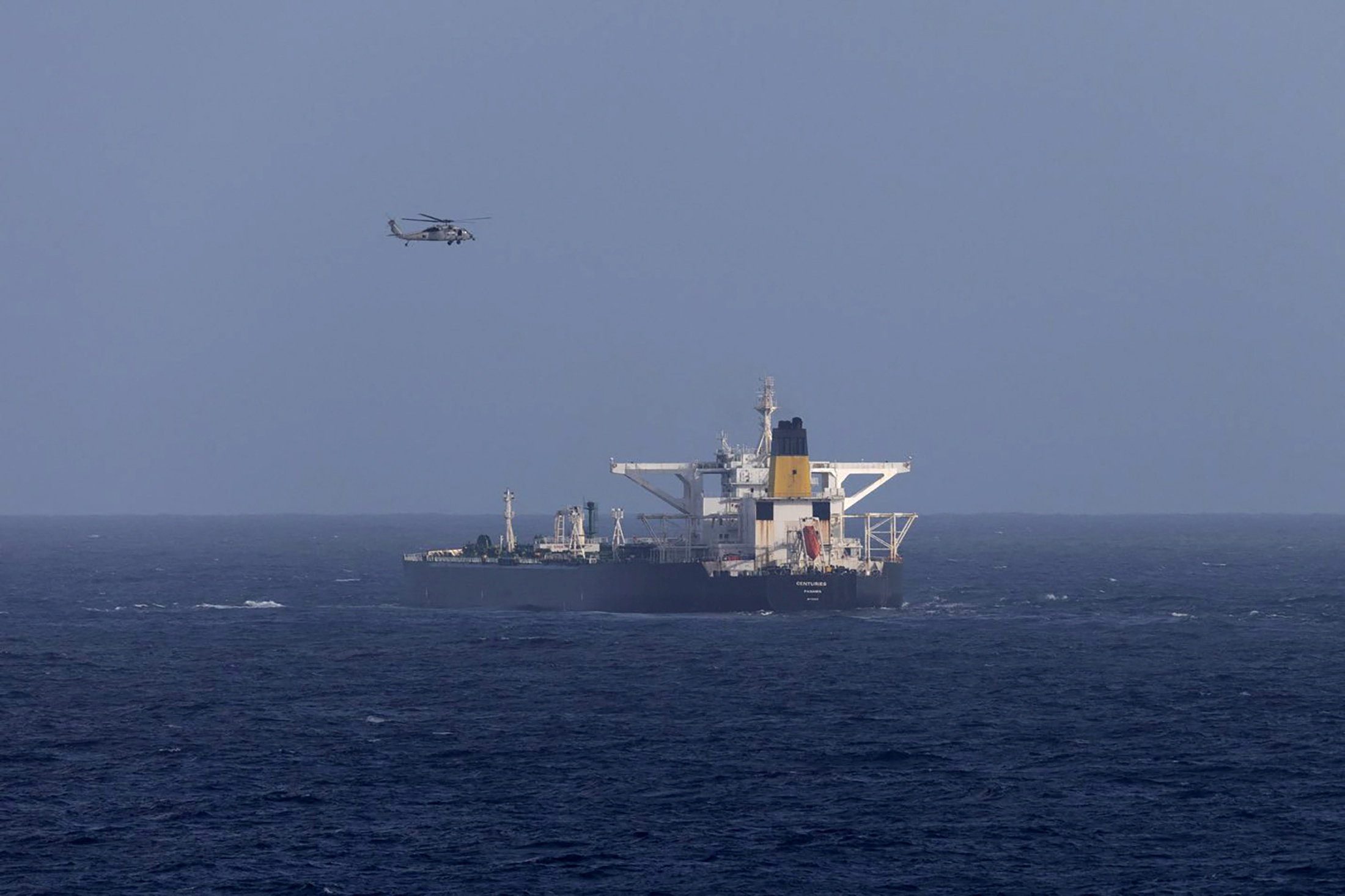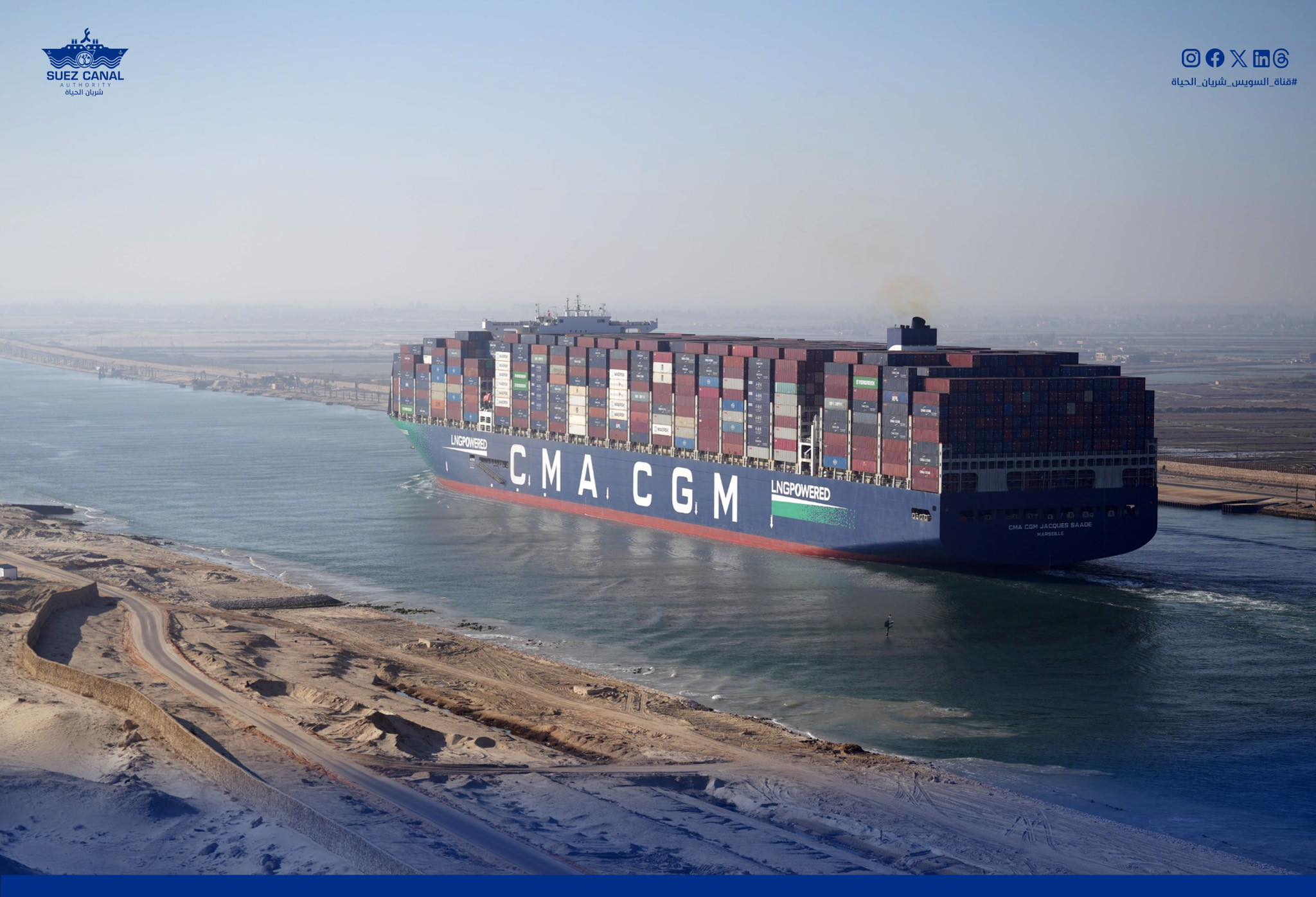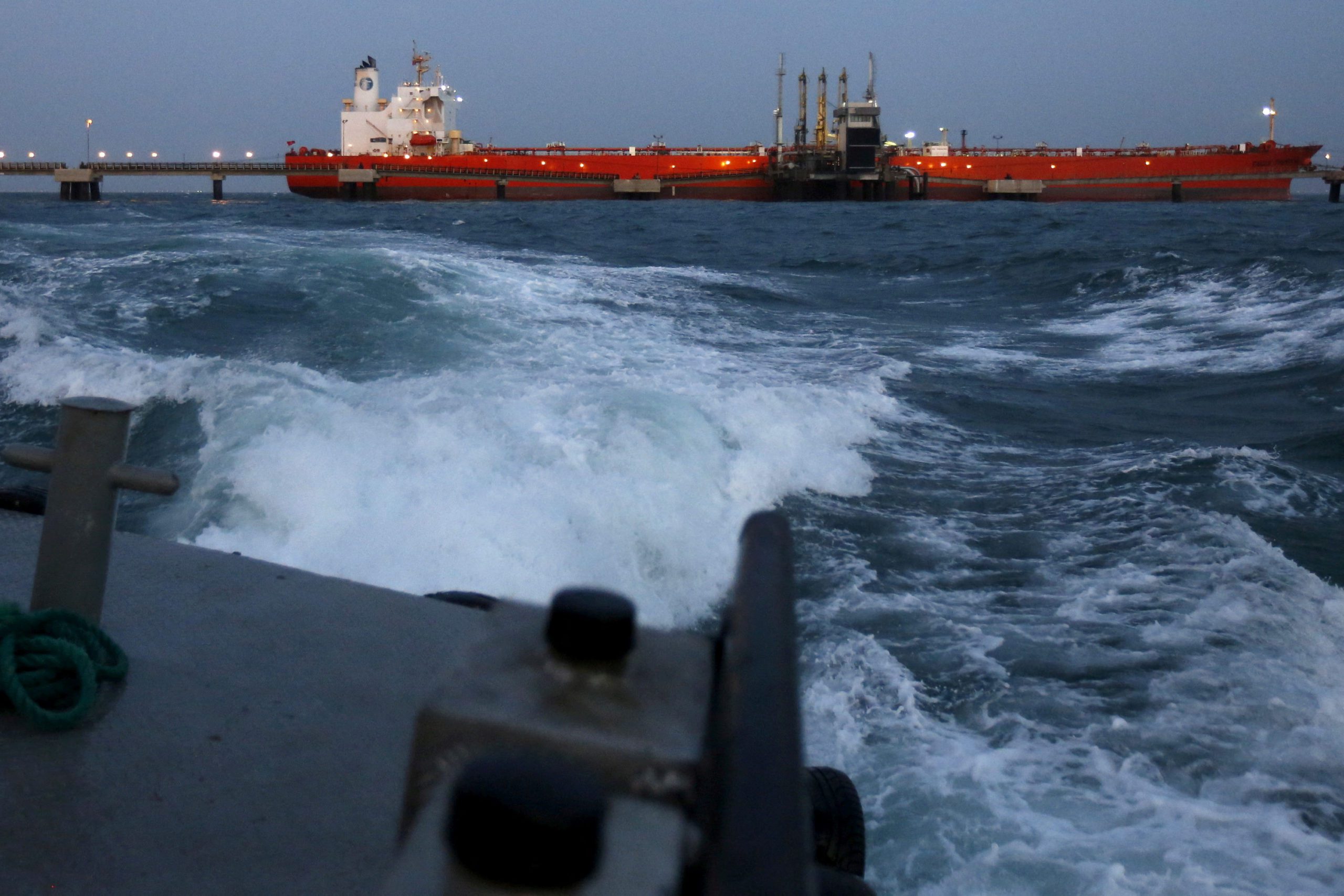Shipping giants Maersk and Hapag-Lloyd have announced the signing of a long-term operational collaboration agreement, named the Gemini Cooperation, set to begin in February 2025.
The partnership aims to establish a best-in-class global network that offers superior schedule reliability, a comprehensive global network with competitive transit times, and a reduced carbon footprint.
The collaboration will combine the fleets of both companies, creating a pool of around 290 vessels with a combined capacity of 3.4 million containers (TEU). Maersk will deploy 60 percent of these vessels, and Hapag-Lloyd will account for the remaining 40 percent. The ambitious goal is to deliver schedule reliability of above 90% once the network is fully operational.
As part of this cooperation, Hapag-Lloyd will leave THE Alliance at the end of January 2025, while Maersk and MSC Mediterranean Shipping Company previously announced that the 2M alliance would end in January 2025.
The new network will cover seven trade routes, including Asia/North Europe, Asia/Mediterranean, Middle East – India/Europe, Asia/Middle East, Asia/US East Coast, Asia/US West Coast, and Transatlantic. It will consist of 26 mainline services, supplemented by a global network of dedicated shuttles centered around owned and controlled transhipment hubs.
The Gemini Cooperation aims to provide high-quality service with improved transit times in major port-to-port corridors and access to well-connected ocean hubs. The companies say the network is designed to be flexible, enabling quick responses to disruptions and market changes, thereby reducing risk and complexity.
“We are pleased to enter this cooperation with Hapag-Lloyd, which is the ideal ocean partner on our strategic journey. By entering this cooperation, we will be offering our customers a flexible ocean network that will be raising the bar for reliability in the industry. This will strengthen our integrated logistics offering and meet our customers’ needs,” says Vincent Clerc, CEO of Maersk.
Both Maersk and Hapag-Lloyd are committed to the decarbonisation of their fleets, with Maersk aiming for net-zero by 2040 and Hapag-Lloyd by 2045.
“Teaming up with Maersk will help us to further boost the quality we deliver to our customers. Additionally, we will benefit from efficiency gains in our operations and joint efforts to further accelerate the decarbonisation of our industry,” says Rolf Habben Jansen, CEO of Hapag-Lloyd.
In 2024, both companies will plan the transition from their current alliances to the new operational cooperation, ensuring that service to customers continues along existing agreements.

 Join The Club
Join The Club











